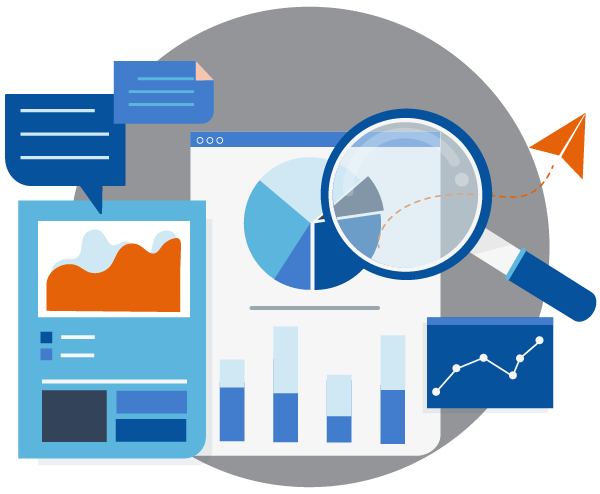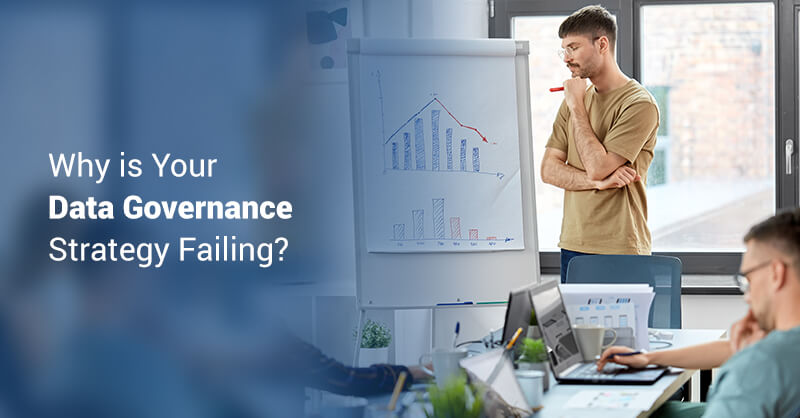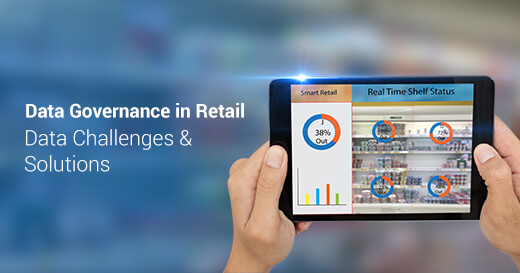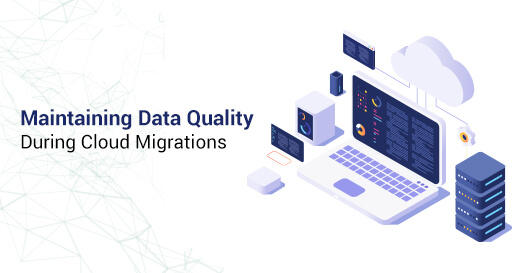Chief Data Officer Responsibilities in a Data-Driven Organization
Written by Neha Madiya
Lead Technical Content Writer
With the influx of massive amounts of data on an everyday basis, it has become essential to treat information as an asset. Considering this mindset, the role of CDO (Chief Data Officers) becomes even more critical. We are entering an age where data points and derivative information hold significance in management decisions up to a great degree. Therefore, CDO's need to take a more informed and strategic attempt at tackling information and data to build a data-driven enterprise. We have filtered out a few essential derivatives to help you reach that goal.
CDO’s Role in Information as an Asset:
Information derived from specific data should be treated the same as any organization treats its assets. For example, a real estate organization treats its properties as an asset and values them in the same sight. Similarly, a CDO should implement strategies so that Data is valued as an asset. Some disciplines cater to asset management and contain pre-defined rules that can be molded to suit data management. Ownership of data should be metamorphosed into data-sharing pedagogy when dealing with outside agencies. Data should be treated the same way an intangible asset is treated.
Promote Data Literacy:
When the organization's current culture is different from a data-centric ideal, constant and immediate reinforcement is required to promote such standards that focus on data and information. Digital literacy is the ability of individuals to understand, interpret and express information in a better way. A company whose functioning revolves around data should be able to assess statistics and information and present it to facilitate managerial decisions and overall growth. The barrier between business units and IT departments regarding data-related conversations should be eliminated to reinforce data literacy.
How CDO's Monetize Through Data:
Data in its most real sense should be considered as a money-making tool. Initially, all organizations treat data as an outcome of individual operations or the source of statistics to be leveraged. Successful CDO's can change that outlook and use data to earn the organization some money. We can take inspiration from companies that offer their goods to other companies in exchange for theirs. Similarly, data-centric organizations can directly barter or sell information and statistics to other parties for money and services. Information can also be used to increase internal revenues by advancing systems of production.
CDO’s Responsibility in Handling Ethical Aspects:
Information on its travels fast and is easily accessible in this internet-enabled society. So, the wrong piece of information reaching a malicious actor may cause unprecedented harm to the company. The rules and laws in place to counter such acts have not been clearly defined yet, and they often clash with other regulations from different sections of the law. Personal information of customers from all communities is available online, and caution must be exercised when collecting and using data scraped from the web. Such systems must be thought and implemented by the CDO.
Strategic & Technical Operation:
Strategic and technical assessment of operations is necessary when beginning to take heed of the current situation. A CDO should create guidelines and plans that expedite their goal of creating a data-centric system. The work of educating employees about the new system should be done more efficiently, and the target audience should be studied for better value addition. Therefore, a CDO must evaluate these tasks and maintain a balance between their strategic and technical aspects. They must also remember that doing the job is just as important as planning and discussing.
Supplement Other Departments:
A CDO should be able to harness the power of information to help other departments in the enterprise. For example, with the right set of data, we can help technical departments design websites in such a way that it reaches out to a more extensive customer base. Meanwhile, it should also be considered that the data-department does not turn into a service center but should effectively change the organization's dynamics and speed up its processes. The CDO can also share the workload with CIOs and CTOs and improve the organization's overall quality of data processing.
Aim For Data-Driven Transformation:
While the CDO role is new and unexplored in the organizational architecture, all data-related problems may sooner or later come to the CDO to be solved. Rather than being a problem-solving entity, a CDO should strive to improve the organization's culture and take it towards a data-driven system that takes efficient advantage of it. Get in touch with Royal Cyber Data Experts to know more.




